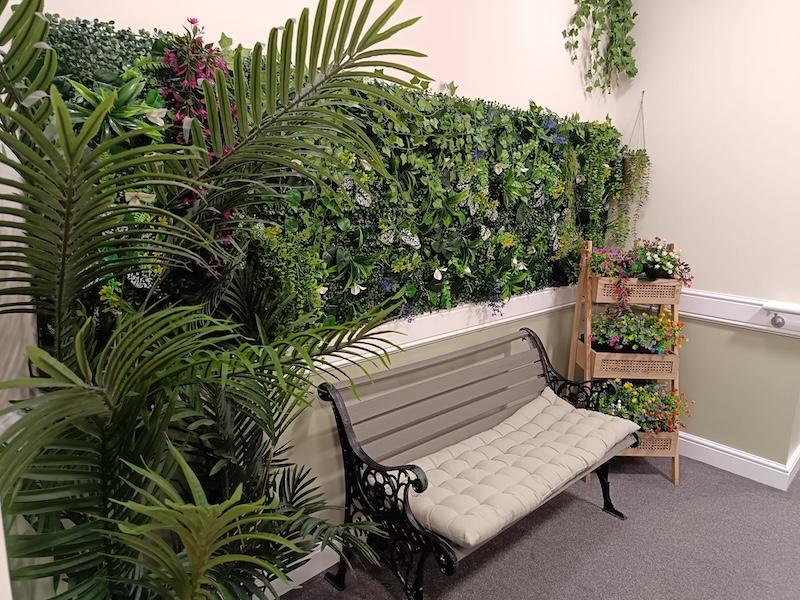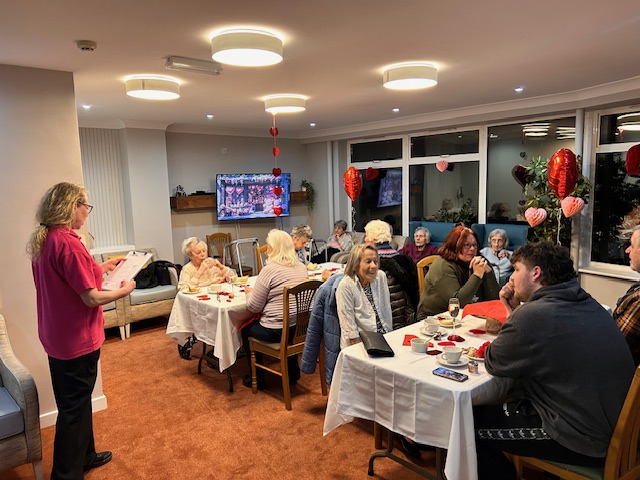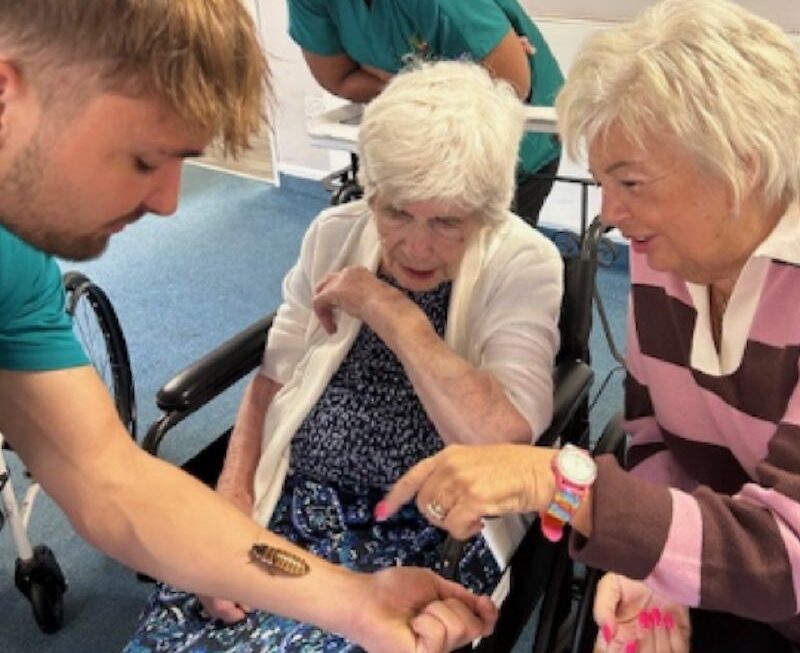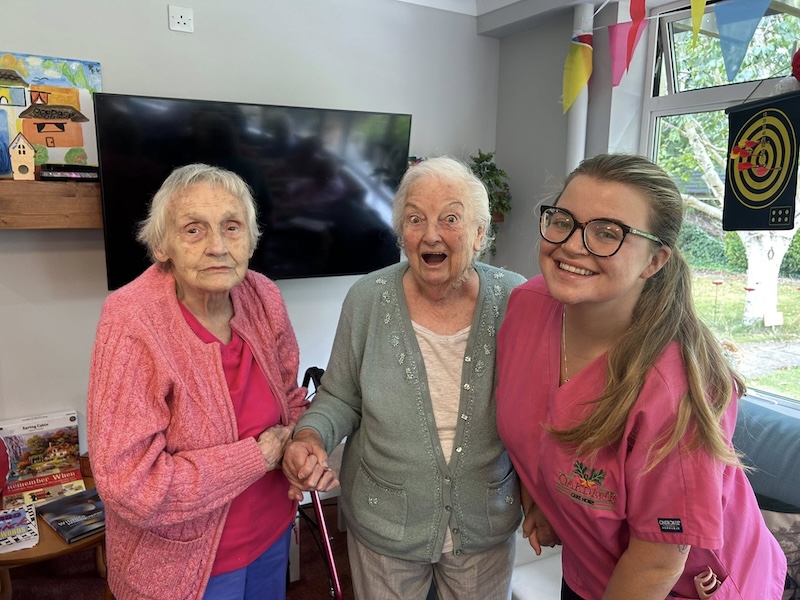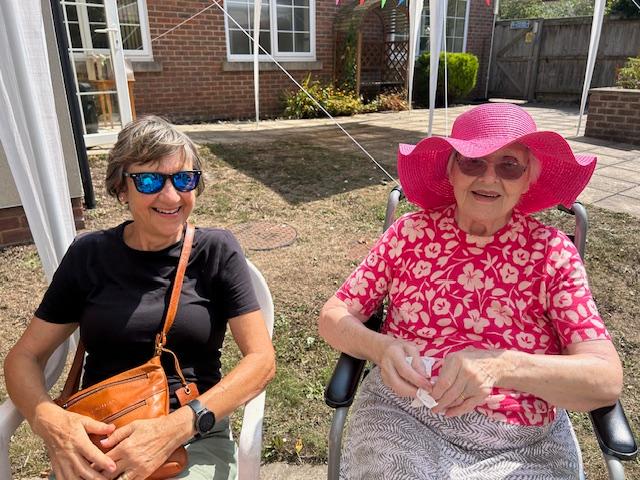What Is the Difference Between Palliative Care and End-of-Life Care?

Understanding the differences between palliative and end-of-life care can be vital for families and carers facing the challenges of supporting someone with a life-limiting illness. Both types of care share a fundamental goal of managing symptoms and improving quality of life, but they differ in timing, scope and focus. Knowing these distinctions can help families make informed choices about the right care at the right time. In this blog, we explore what palliative care and end-of-life care are, who benefits from each service and how they work together to support residents throughout their care journey.
What Is Palliative Care?
Palliative care is specialised care and practical support provided to people living with a life-limiting or incurable illness, aiming to relieve symptoms and improve quality of life. It is a holistic approach that addresses physical, emotional, social and spiritual needs. One important factor to note is that palliative care can be provided alongside curative treatments at any stage of an illness, not just in its final phase. The care is coordinated by a dedicated team of healthcare professionals, which may include doctors specialising in palliative medicine, community nurses, social care professionals and therapists.
The palliative care team works closely with the resident and family to manage difficult symptoms such as breathlessness, chronic pain, fatigue and other physical challenges. Emotional and spiritual support is also prioritised to help residents and those they love cope with anxiety or uncertainty, ensuring it is tailored to their individual beliefs and values. Palliative care in Dorset aims to empower residents, ensuring they maintain as much dignity and independence as possible while providing families with guidance and reassurance.
What Is End-of-Life Care?
End-of-life care is a specialised aspect of palliative care reserved for the last few weeks or months of a resident’s life. This care focuses on the final stage of the journey, with comfort, dignity and symptom management as the highest priority. In this stage, the physical symptoms such as pain and agitation are managed intensively by specialist nurses, hospital doctors or hospice teams. The goal is to alleviate suffering and respect the wishes and dignity of the individual. Emotional support for residents, family members and friends becomes crucial, along with guidance to help families understand the process and make appropriate decisions.
The holistic care approach during end of life embraces not just physical comfort but also social and spiritual support. This may include preparing for funerals, facilitating meaningful goodbyes, or helping with legacy planning. Care home staff and specialist palliative care teams coordinate closely to deliver seamless support during these final days. High-quality end-of-life care assures that residents and their loved ones are treated with compassion and respect and that no one faces the final chapter of life alone.
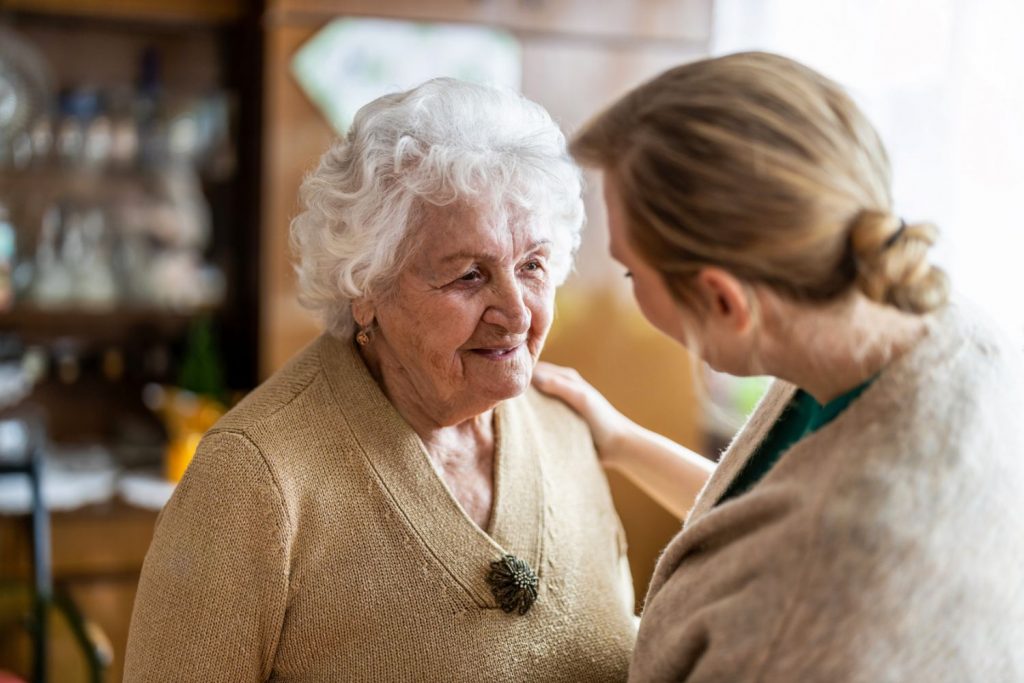

Key Differences Between End-of-Life Care and Palliative Care
Although both palliative and end-of-life care focus on improving quality of life, the primary difference lies in timing and prognosis. Palliative care typically lasts longer, beginning at the diagnosis of a serious illness and continuing through treatment, recovery or progression. In comparison, end-of-life care is a subset of palliative care dedicated to the final phase when curative treatments cease and the focus intensifies on comfort. This distinction is essential in planning care and setting expectations for families and residents.
Another difference is the intensity at which care is provided. With individuals receiving palliative care, the care home would provide first-class support whenever they need it, but would also work towards improving both their physical and mental well-being. This could eventually have a goal for residents to take part in their favourite hobby again, or be able to do certain tasks with more ease than when they began their care journey. With end-of-life care services, the care is more intense and is more focused on ensuring residents feel as little discomfort as possible during their final chapter.
Common Goals of Both Types of Care
Despite there being differences, both palliative and end-of-life care also share common goals. One includes adapting a holistic, person-centred care approach. This means that each individual is considered as a whole and care is tailored to their exact needs, as managing physical symptoms alone is insufficient without addressing emotional, social and spiritual needs. Care homes and hospices work collaboratively to deliver this care, ensuring residents feel safe, supported and truly heard. Family involvement is encouraged throughout, with regular communication from the care team to discuss future care plans, residents’ wishes and any concerns.
Both services aim to uphold dignity and respect, ensuring residents' choices and values shape their care experience. Practical and emotional support also extends to family members and carers, as it's important to recognise the shared journey of coping with life-limiting conditions.
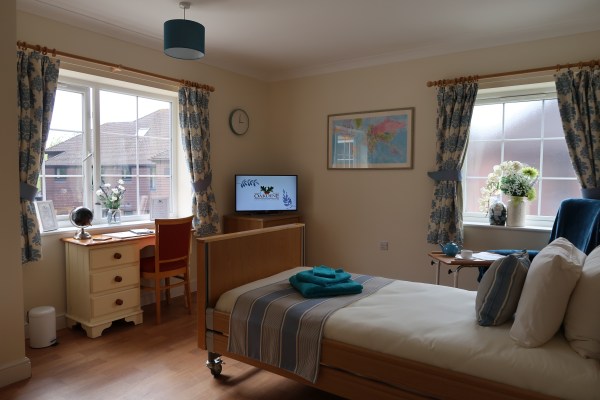
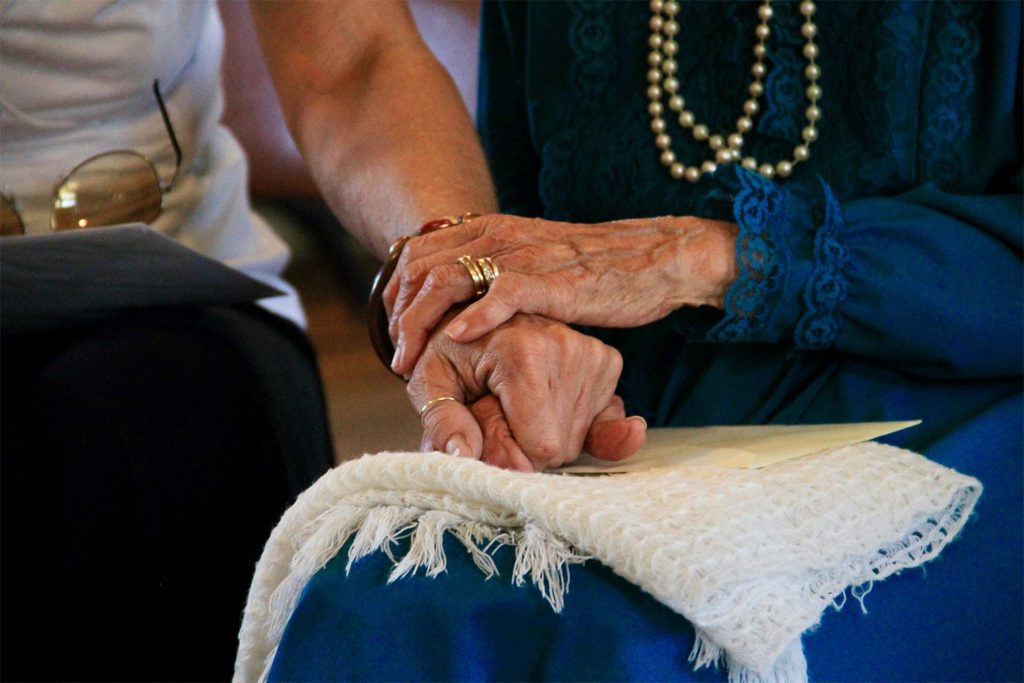
Compassionate Palliative Care and End-of-Life Care at Oakdene Care Home
At Oakdene Care Home in Dorset, we recognise the importance of both palliative and end-of-life care in supporting residents and their families through difficult and deeply personal journeys. Our dedicated team of healthcare professionals is committed to delivering high-quality care based on individual needs assessments, tailoring support to physical symptoms, emotional well-being, social engagement and spiritual comfort.
Whether residents are receiving specialist palliative care early in their journey or require sensitive end-of-life care in their final weeks, they can expect dignity, respect and personalised care from us. Our holistic approach ensures practical and emotional support is extended to both residents and their family and friends, offering guidance, reassurance and comfort around the clock. We are proud to provide safe and compassionate environments at our care home in Dorset, where every resident can experience peace, connection and relief during life’s most challenging moments.
To find out more about our care services or to see for yourself the wonderful environment we create here at Oakdene care home, get in touch and book a tour. We look forward to hearing from you.
